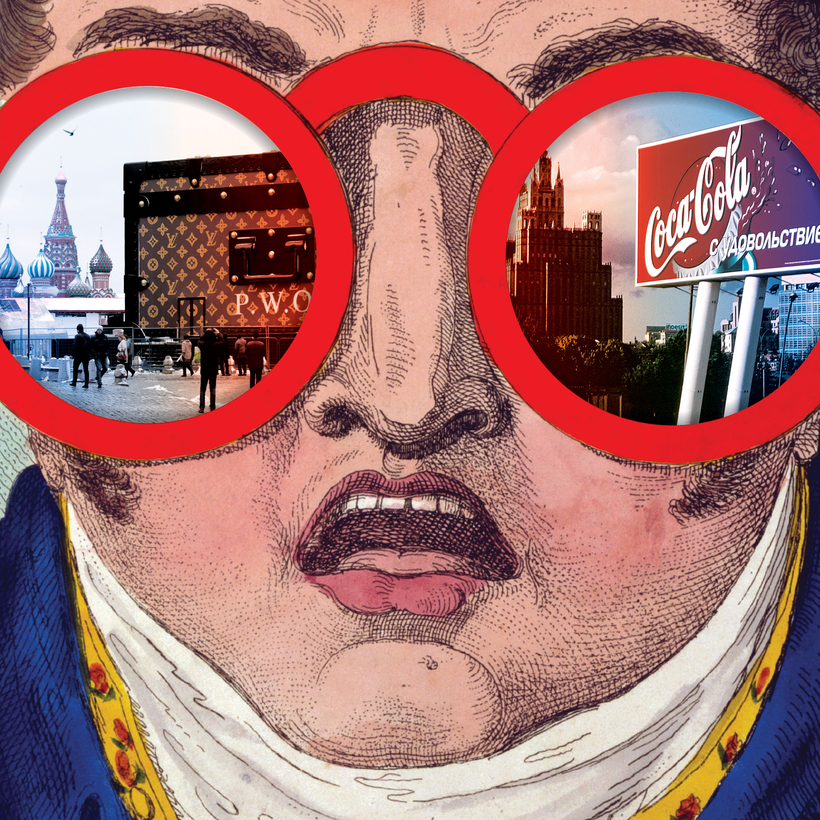It’s been a year since Russia won the title of the most sanctioned country on earth, when international organizations, governments, and corporations set out to cripple Putin’s economy—and let the Russian consumer feel the consequences of invading Ukraine.
But as Russian tanks rolled toward Kyiv, it wasn’t the U.S. Treasury halving Russia’s war chest, or even the departure of Mastercard, Coca-Cola, and LVMH, that made Moscow realize that it wouldn’t be business as usual. It took Batman to land the first powerful blow.


